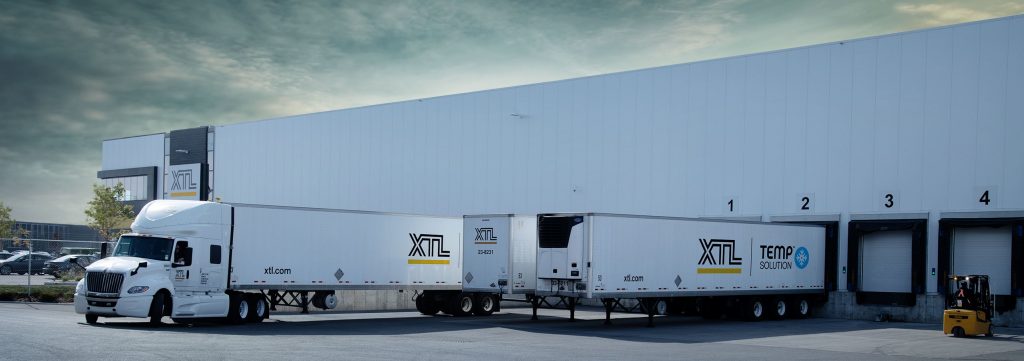As winter approaches, the need for reliable logistics solutions becomes critical for businesses handling temperature-sensitive goods. Fluctuating weather patterns, increasingly harsh winters due to climate change, and rising demand for high-quality heated transport services require shippers to be more vigilant than ever. Whether you’re transporting pharmaceuticals, fresh produce, or other perishable items, ensuring product integrity hinges on choosing the right partner and understanding the nuances of temperature-controlled logistics.
Why Temperature-Controlled Transport Is Crucial
Over the past decade, the demand for temperature-controlled logistics has skyrocketed. This trend is driven by the rise in consumer demand for fresh food, the globalization of pharmaceutical supply chains, and the growing importance of precision in cold chain management.
Winter intensifies the challenges, especially in regions like Canada and the northern U.S., where temperatures can plummet dramatically. The stakes are high: any deviation from the required temperature range can lead to spoilage, financial losses, and even regulatory repercussions for businesses.
The Impact of Climate Change on Winter Logistics
Climate change has reshaped the logistics landscape, with winters becoming more unpredictable and extreme. Canada, for instance, has seen a rise in average winter temperatures by over 3°C since 1950. This warming trend paradoxically results in more intense snowfall and ice storms, increasing the likelihood of transportation delays and risks to temperature-sensitive goods.
For shippers, these conditions amplify the need for advanced solutions that can maintain product integrity despite external disruptions.
Know the Difference: Temperature-Controlled vs. Protect from Freeze
A key consideration for businesses is understanding the distinction between temperature-controlled transport and protect from freeze services. While both aim to shield goods from adverse conditions, they differ in scope and capabilities.
Protect from Freeze
- Definition: This service prevents products from freezing during transit, ensuring temperatures remain above the freezing point.
- Methodology: Approaches vary and may include:
- Transit Timing: Scheduling shipments to minimize exposure to freezing conditions.
- Insulation: Using materials to reduce heat loss.
- Portable Heaters: Employing diesel-fired heaters to add warmth without precise temperature control.
- Heated Warehousing: Storing goods in heated facilities between transit legs.
- Limitations: These methods don’t guarantee a specific temperature and may not suffice for products requiring strict thermal conditions.
Temperature-Controlled Transport
- Definition: This service maintains products within a specified temperature range throughout transit, regardless of external conditions.
- Methodology: Utilizes advanced equipment such as:
- Refrigerated Trailers: Equipped with precise heating and cooling systems.
- Real-Time Monitoring: Continuous tracking of internal temperatures.
- Insulation: High-quality materials to minimize temperature fluctuations.
- Advantages: Ensures consistent temperatures, making it ideal for sensitive goods like pharmaceuticals and certain chemicals.
Key Differences
- Precision: Temperature-controlled transport offers exact temperature maintenance, whereas protect from freeze aims only to prevent freezing without precise control.
- Reliability: Temperature-controlled services provide consistent conditions, while protect from freeze methods can be less dependable, especially in extreme cold.
- Applicability: Products with strict temperature requirements necessitate temperature-controlled transport, whereas less sensitive items might suffice with protect from freeze services.
Choosing the right solution depends on the nature of your cargo. For high-stakes shipments, temperature-controlled transport offers peace of mind and ensures compliance with regulatory standards.
XTL: A Leader in Temperature-Controlled Transport
XTL is a trusted name in temperature-controlled logistics, offering tailored solutions to meet the diverse needs of shippers:
- State-of-the-Art Equipment:
XTL’s fleet is equipped with advanced technology to ensure precise temperature control. Features include real-time monitoring, diagnostics, and live updates to ensure every shipment is protected throughout its journey. - Comprehensive Services:
XTL offers truckload, and dedicated transportation options across Canada and the U.S., catering to a wide range of shipping requirements. - Proactive Monitoring:
With live diagnostics and alerts, XTL can quickly identify and address potential issues, ensuring products remain safe regardless of external disruptions. - Regulatory Compliance:
From hazardous materials to pharmaceutical products, XTL adheres to stringent quality control standards, making them the preferred partner for sensitive shipments.
How Shippers Can Prepare for Winter
To ensure successful shipments during the harsh winter months, shippers should adopt the following best practices:
- Monitor Weather Conditions: Stay updated on forecasts and plan shipments around potential disruptions.
- Collaborate with Carriers: Work closely with transportation providers like XTL to develop contingency plans.
- Optimize Packaging: Use insulated packaging to provide an additional layer of protection.
- Schedule Strategically: Avoid peak times and plan for extra lead time in case of delays.
- Leverage Technology: Use tracking systems to maintain visibility over shipments and ensure compliance with temperature requirements.
Staying Ahead in a Challenging Climate
The logistics industry is evolving, with heightened demands and harsher winters reshaping how goods are transported. Understanding the complexities of temperature-controlled transport and partnering with industry leaders like XTL, businesses can safeguard their products and maintain customer trust.
Winter may bring challenges, but with the right strategies and partners, your supply chain can remain resilient and reliable. When it comes to temperature-sensitive goods, don’t settle for anything less than the precision and reliability of true temperature-controlled transport. Let XTL be your partner in navigating the complexities of winter logistics.
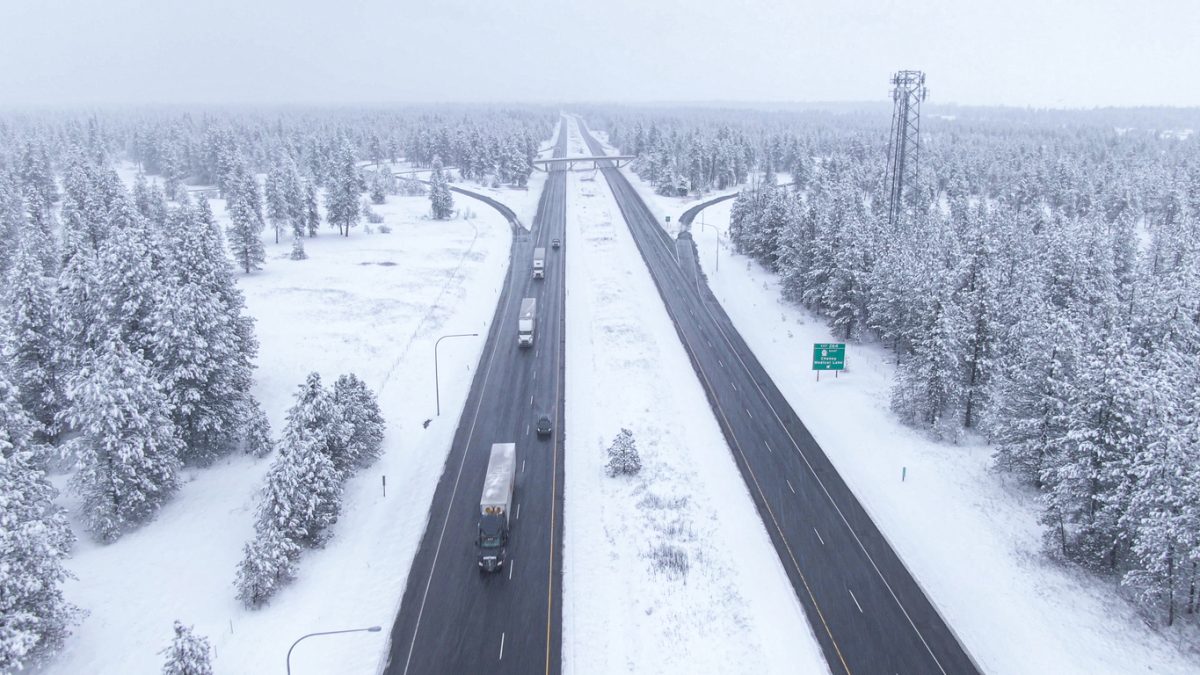
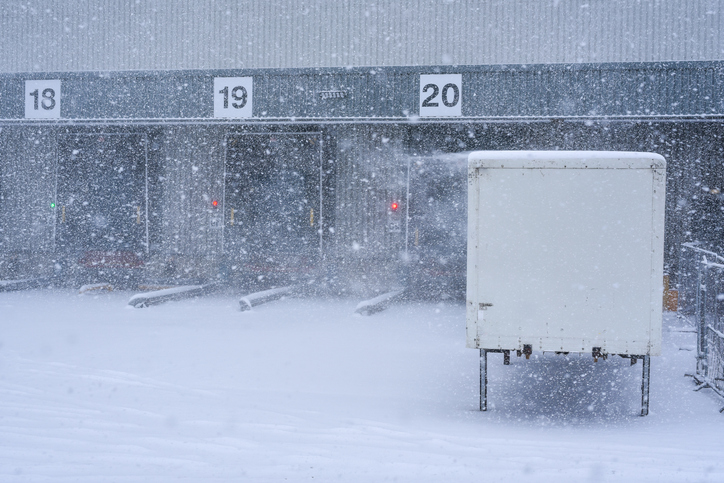



 Since 1964,
Since 1964, 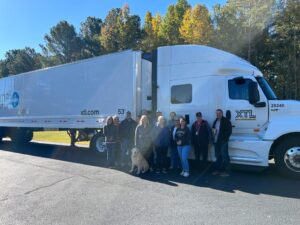 CBT’s focus on building strong relationships and leveraging technology, ensures reliable capacity and on-time deliveries. CBT’s proactive approach to staying updated with industry trends and technology paired with extensive experience, has enabled them to stay competitive and agile while also bringing stability to fluctuating market conditions. This level of support has been instrumental in their customers’ success within their transportation departments.
CBT’s focus on building strong relationships and leveraging technology, ensures reliable capacity and on-time deliveries. CBT’s proactive approach to staying updated with industry trends and technology paired with extensive experience, has enabled them to stay competitive and agile while also bringing stability to fluctuating market conditions. This level of support has been instrumental in their customers’ success within their transportation departments. Savoie Express’s proud legacy since 1964, combined with their recent growth, showcases their commitment to excellence. Their long-standing relationships and dedicated service have been crucial to their success. A prime example of their impact is their ability to adapt and maintain high service standards amidst industry challenges, solidifying their reputation as a dependable partner in the logistics of perishable goods.
Savoie Express’s proud legacy since 1964, combined with their recent growth, showcases their commitment to excellence. Their long-standing relationships and dedicated service have been crucial to their success. A prime example of their impact is their ability to adapt and maintain high service standards amidst industry challenges, solidifying their reputation as a dependable partner in the logistics of perishable goods.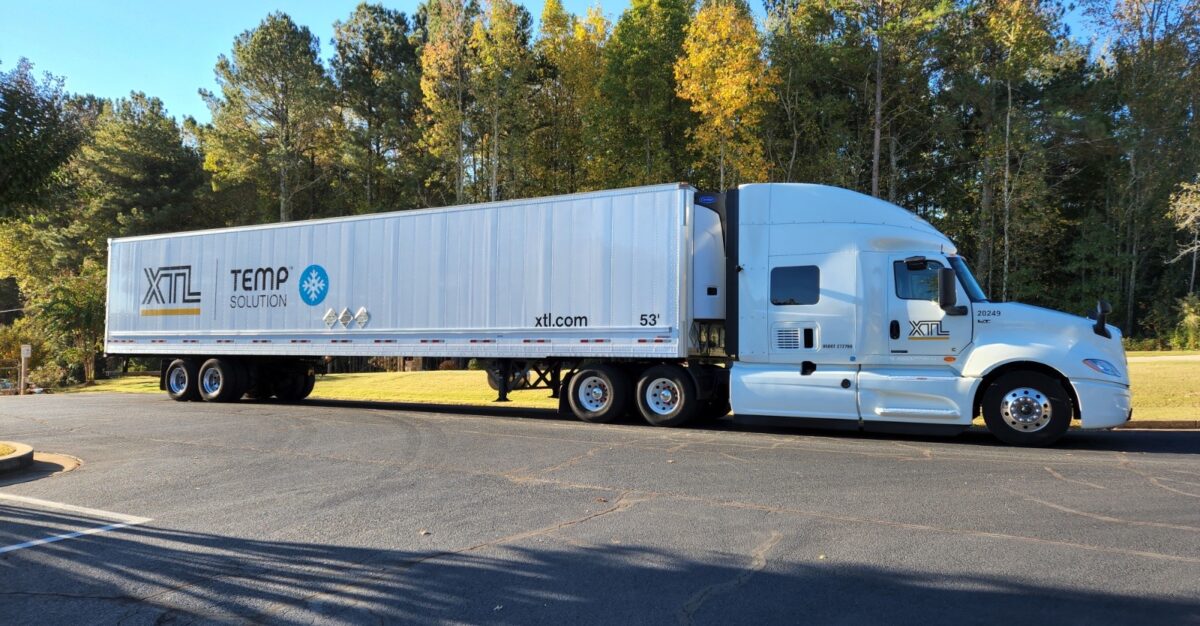

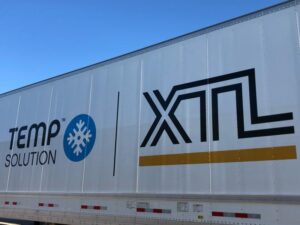 Proper
Proper 
 Ensure that all staff involved in the transportation process are trained in food safety regulations and best practices. This includes regular training sessions and assessments to keep staff updated on the latest guidelines and technologies.
Ensure that all staff involved in the transportation process are trained in food safety regulations and best practices. This includes regular training sessions and assessments to keep staff updated on the latest guidelines and technologies. XTL runs new model equipment to reduce downtime and has a comprehensive in-house maintenance program where thorough inspections are conducted during regular maintenance checks. In between regularly scheduled maintenance, daily inspections are conducted by the driver. All inspections check for cleanliness and any damage to linings, door seals, and other components.
XTL runs new model equipment to reduce downtime and has a comprehensive in-house maintenance program where thorough inspections are conducted during regular maintenance checks. In between regularly scheduled maintenance, daily inspections are conducted by the driver. All inspections check for cleanliness and any damage to linings, door seals, and other components.
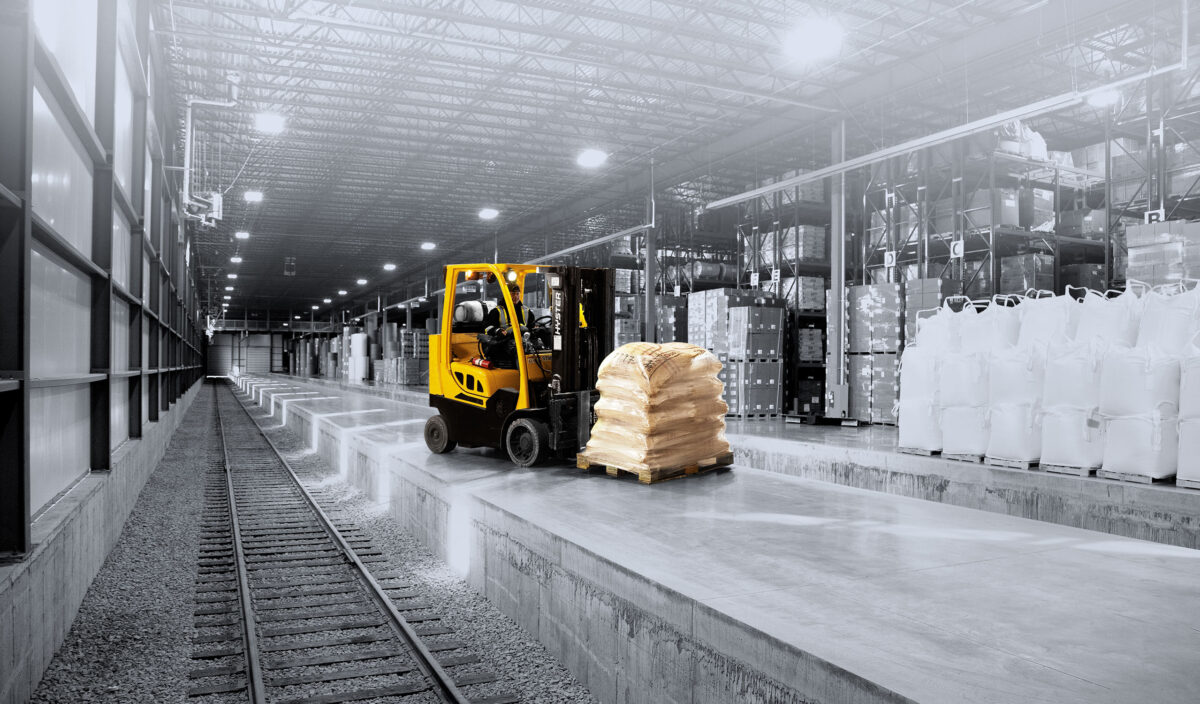

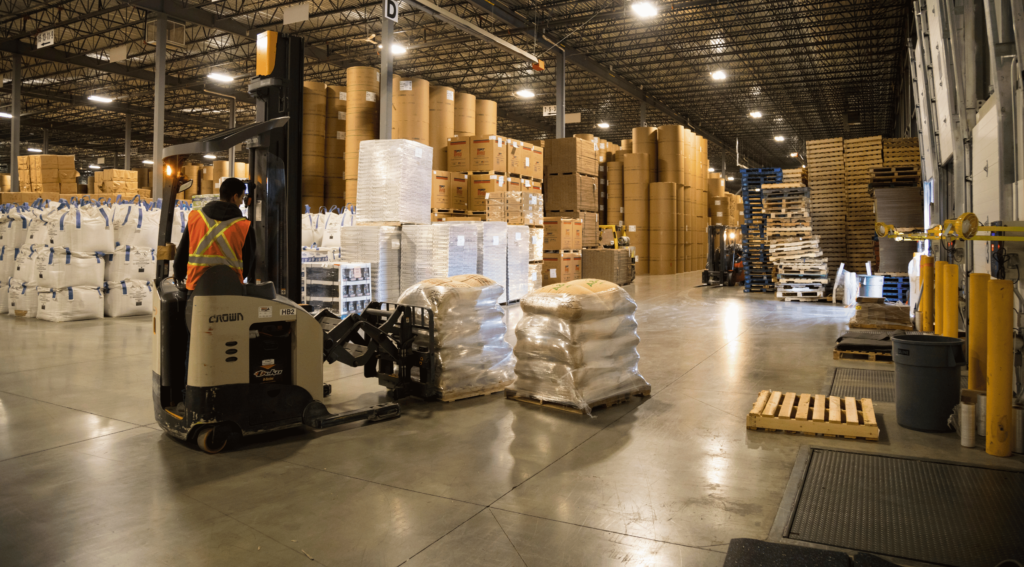
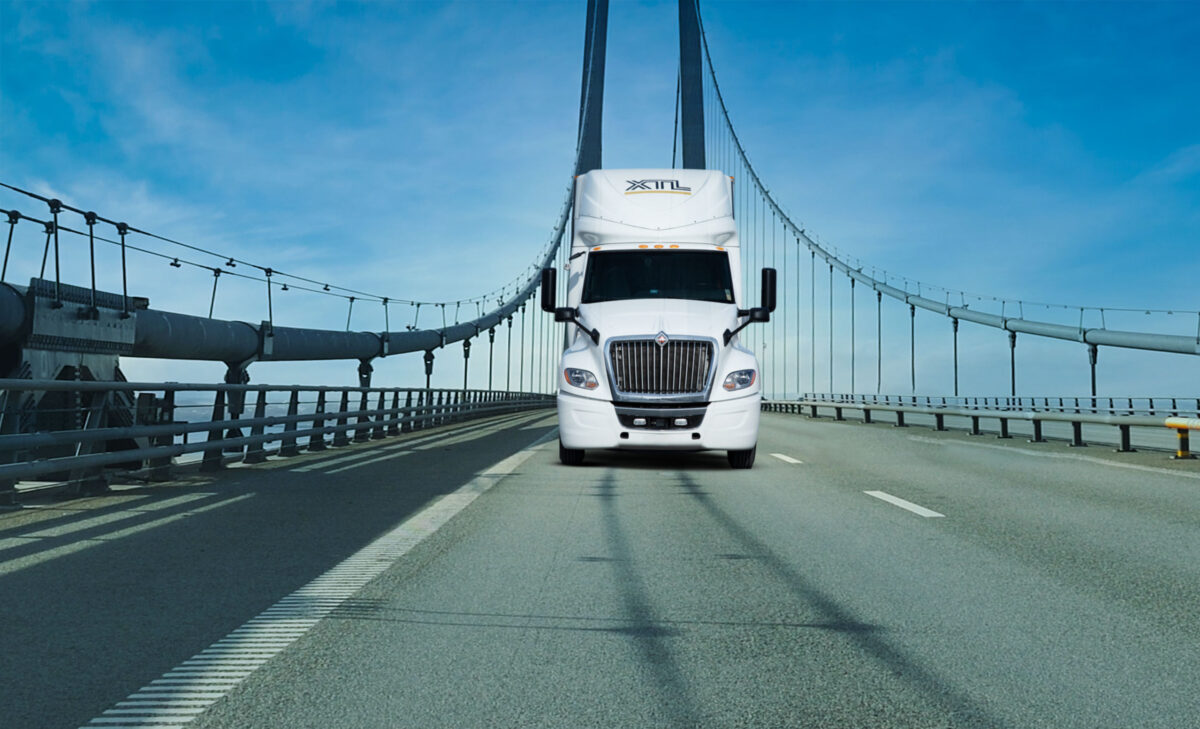
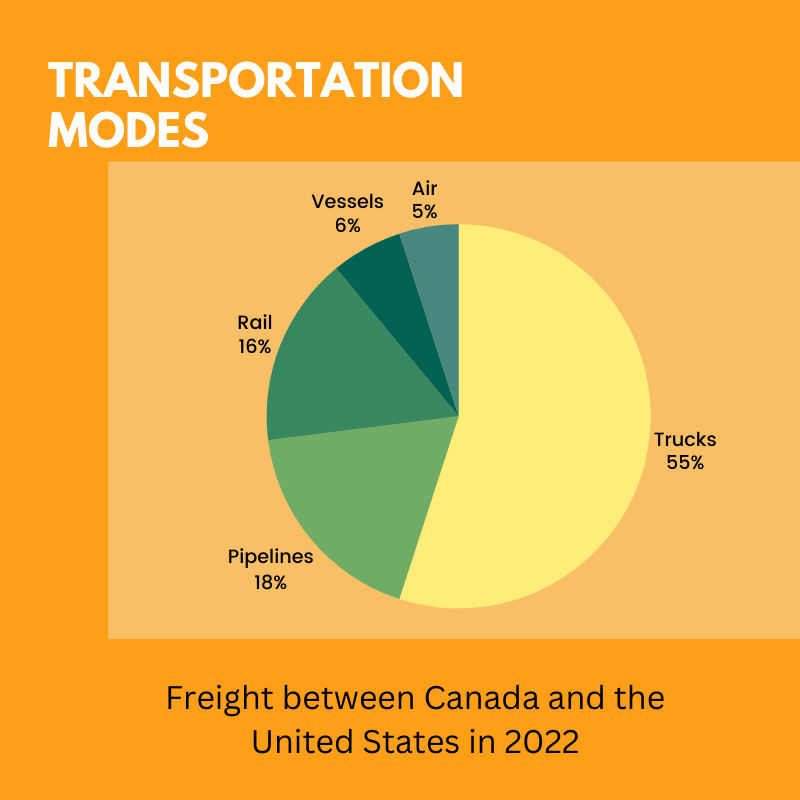
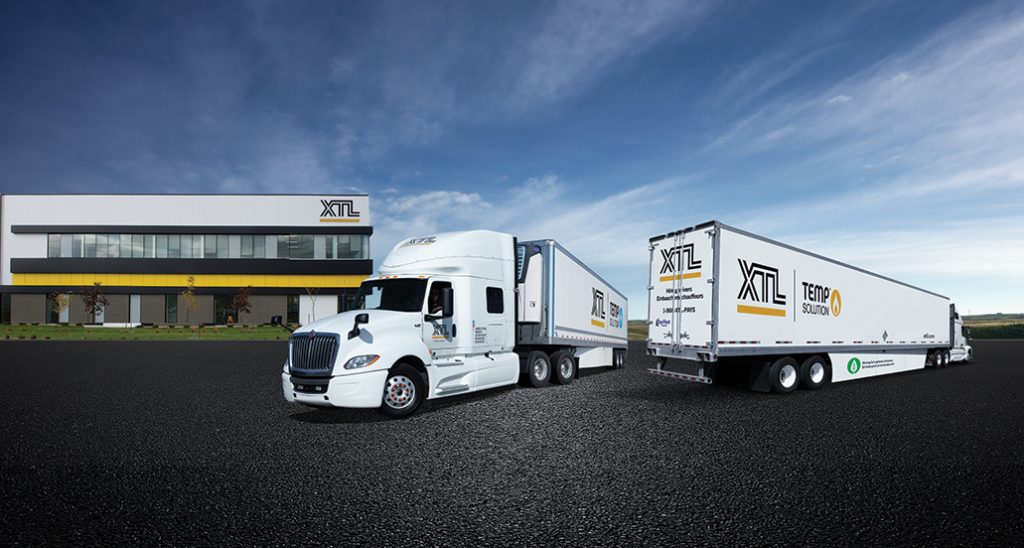

 Book Early for Temperature Controlled Transport:
Book Early for Temperature Controlled Transport: Precise communication is the cornerstone of successful temperature controlled transport. Ensure that you relay your cargo’s specific temperature requirements accurately to your transportation company. Any discrepancies or misunderstandings regarding temperature can lead to compromised goods. XTL Transport’s specialized
Precise communication is the cornerstone of successful temperature controlled transport. Ensure that you relay your cargo’s specific temperature requirements accurately to your transportation company. Any discrepancies or misunderstandings regarding temperature can lead to compromised goods. XTL Transport’s specialized  Weather Monitoring:
Weather Monitoring: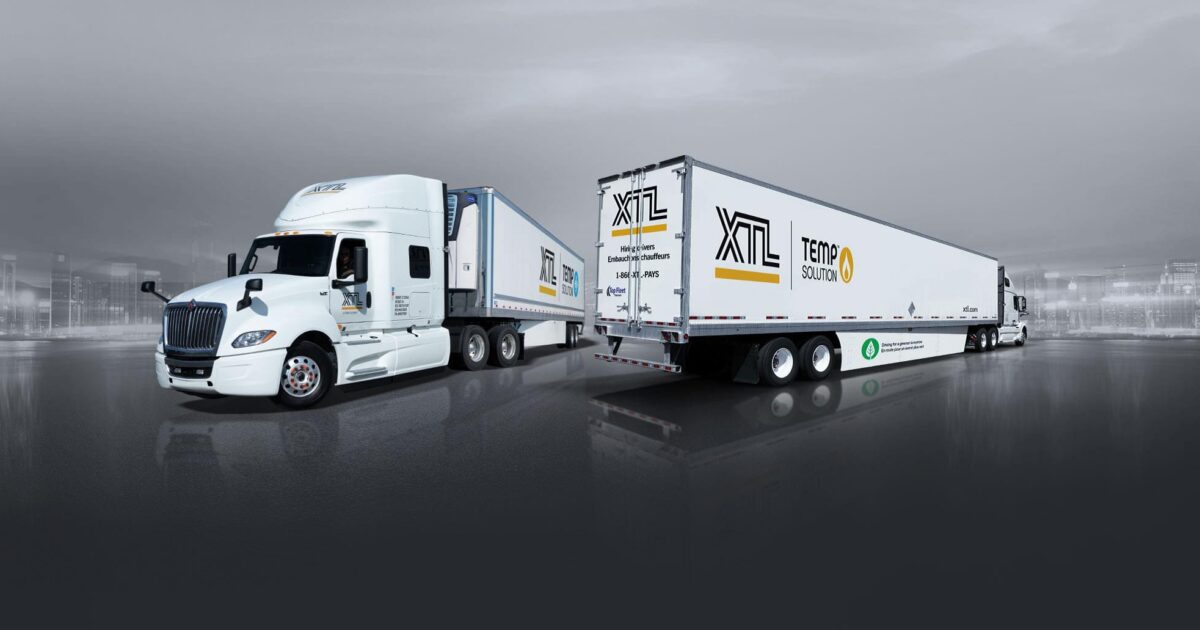


 Environmental responsibility
Environmental responsibility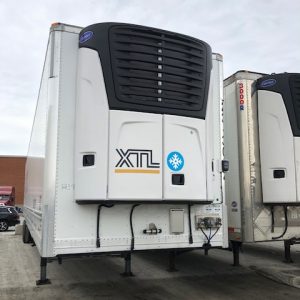 Specialized equipment is important for companies that need to transport goods that require special handling or
Specialized equipment is important for companies that need to transport goods that require special handling or 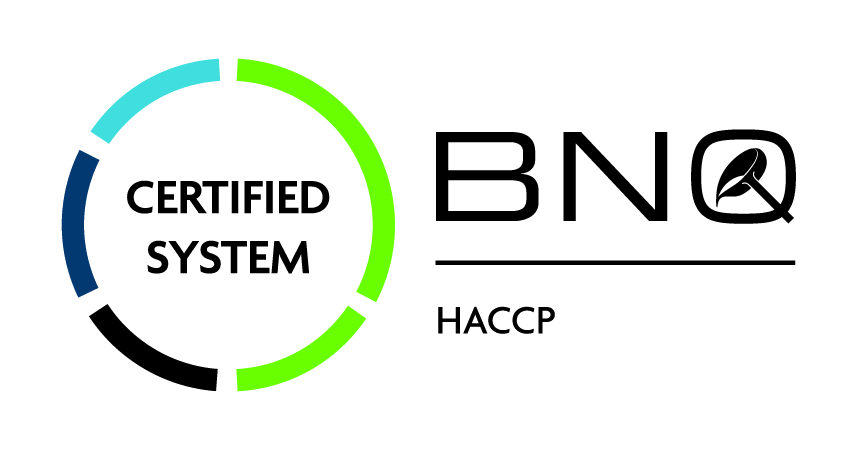
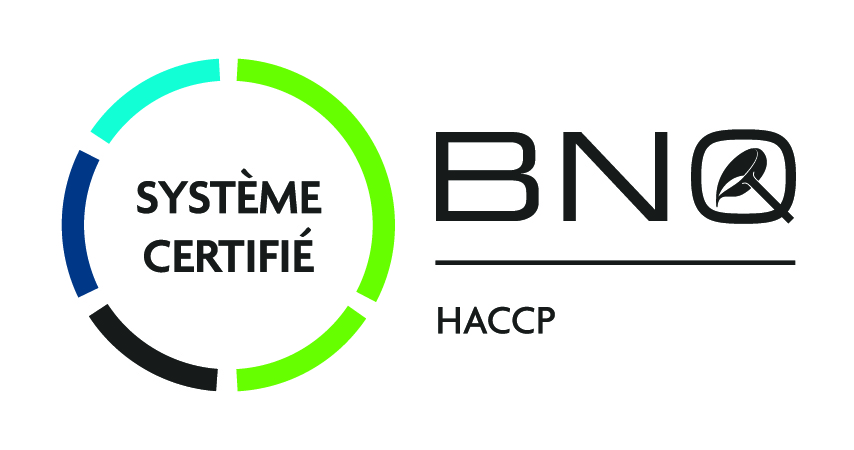
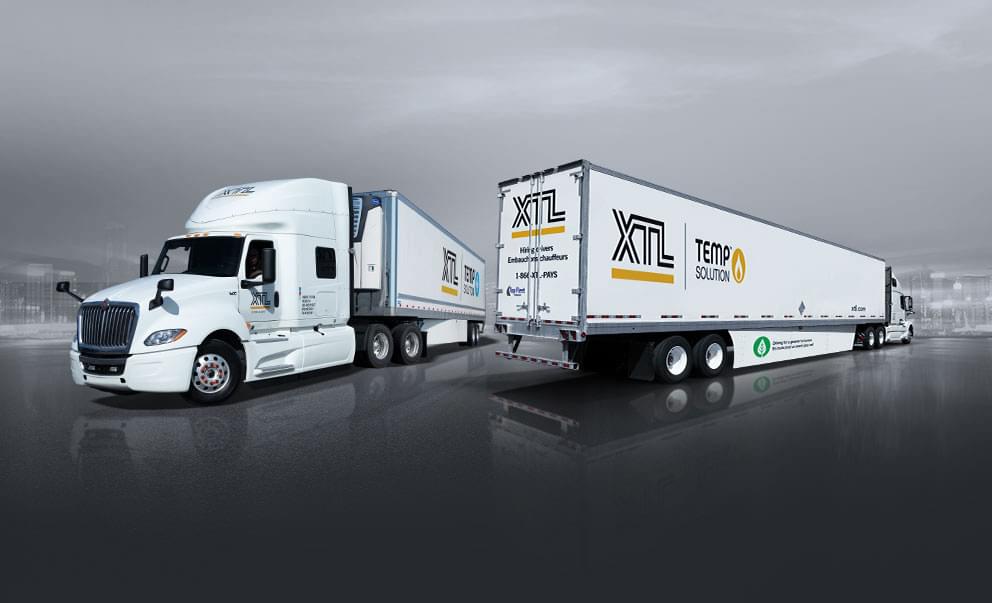
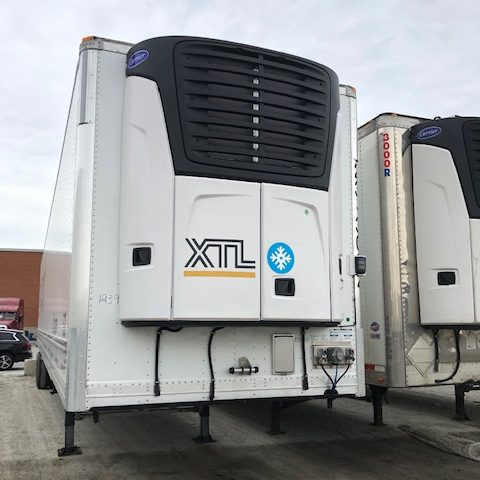 The average temperature controlled trailer used for refrigerated transport has a capital purchase price approximately $50,000 more than a regular dry van used to transport non temperature controlled goods. In addition, the refrigeration unit that keeps the trailer cool requires fuel to operate. This is an additional cost on a per mile basis that increases the cost of transport and can be up to 2% more in fuel costs. Keep this in mind when booking temperature controlled shipments as they are typically a premium over regular dry freight.
The average temperature controlled trailer used for refrigerated transport has a capital purchase price approximately $50,000 more than a regular dry van used to transport non temperature controlled goods. In addition, the refrigeration unit that keeps the trailer cool requires fuel to operate. This is an additional cost on a per mile basis that increases the cost of transport and can be up to 2% more in fuel costs. Keep this in mind when booking temperature controlled shipments as they are typically a premium over regular dry freight.